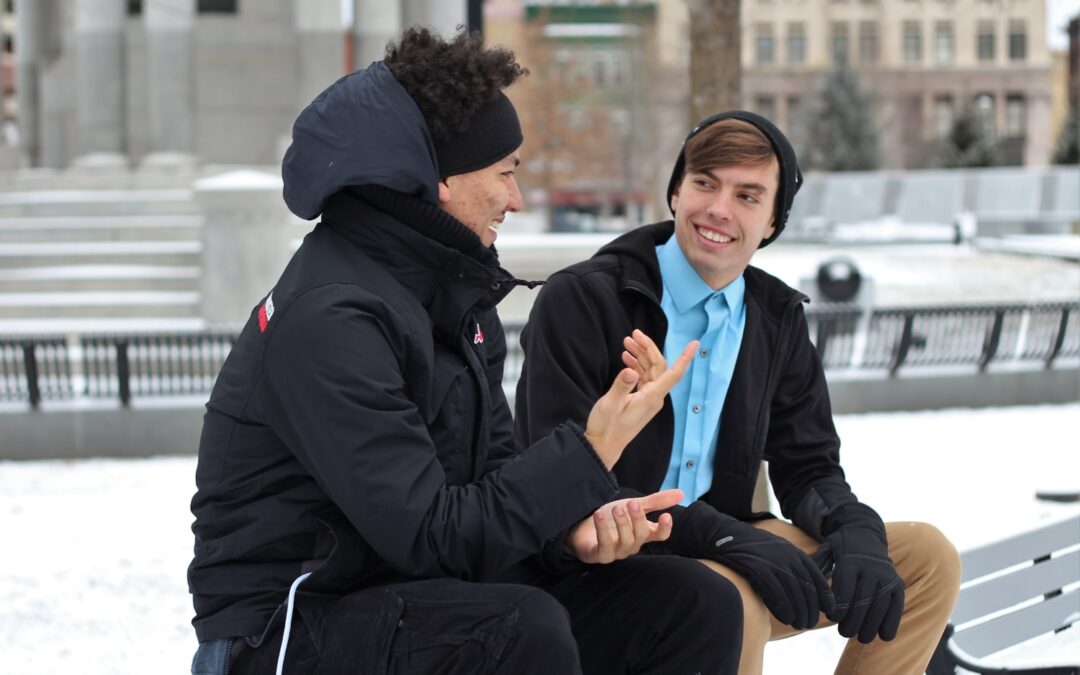Track and field fans know the term Fosbury Flop; emergency medical personnel are familiar with the Heimlich Maneuver and gymnasts value a routine that sticks the landing. In ice skating, a triple toe loop has a difficulty factor of 6; a triple lutz 8 and a triple axel 10. The J.B.O.M. has a spiritual difficulty factor above 10, which explains why it is seldom attempted and even more rarely executed successfully.

Backing away, shifting the conversation to a neutral subject, easing the tension, making peace, trusting God to correct others when He is ready and taking seriously our responsibility to love difficult people – that’s the J.B.O.M.
What will Eliphaz do in chapter 15? Will he select a response with a low difficulty factor? Or will he shun the coveted Job’s Comforter title and execute the spiritual J.B.O.M.?
As Eliphaz begins to speak, we have high hopes that he will practice the J.B.O.M. (Drum roll, please). The drama mounts. Verses two and three sound as though maybe Eliphaz is describing himself: “Would a wise man answer with empty notions or fill his belly with the hot east wind? Would he argue with useless speeches that have no value?” Translated, we hope Eliphaz is saying, “I have spoken to you with words that were empty of comfort . . . indeed, I have filled my lungs with the east wind …I have been unable to assist you … my words have been of no value to you.”
If Eliphaz has accomplished the J.B.O.M. and is speaking about himself, verse four would read, “So Eliphaz entrusted Job to God by smiling kindly, entering into his pain and saying no more.”
Job 15, Eliphaz’s first speech in the second cycle of speeches, would have been an excellent time for the J.B.O.M. Earnest, head-to-head honest discussion had resulted in a continued stalemate, so it was time for the J.B.O.M. Does Eliphaz attempt this difficult, but valuable spiritual/social maneuver? No!
Instead, Eliphaz accused Job of undermining the motive for obeying God. This implied that if God didn’t reward obedience, people wouldn’t obey Him. The bet (see Day Two) was about whether or not people served God because He is God, or for what they may get . . . in which case, “ . . . they were not serving God at all, they were serving themselves by making God their servant.”+ So who was undermining the motive for obeying God? EliBilPhar.
+ Be Patient, Wiersbe p. 57

Recent Comments